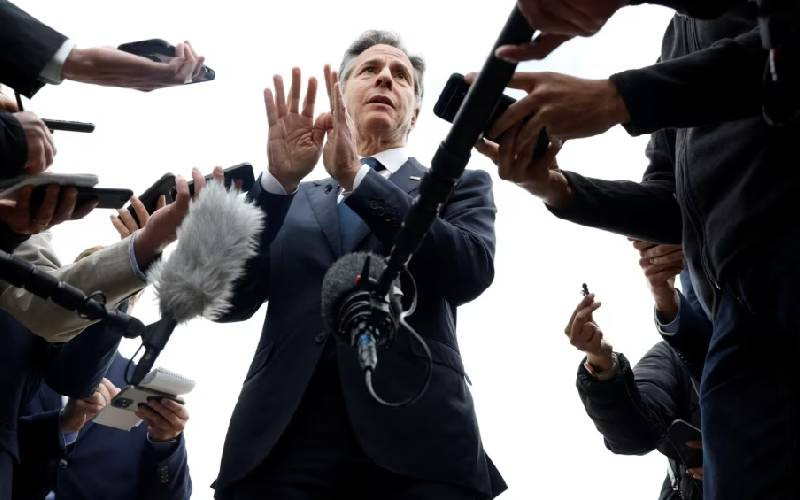×
The Standard e-Paper
Fearless, Trusted News

U.S Secretary of State Antony Blinken said on Thursday Israel working with Arab neighbors in the Middle East region to pave the way for a Palestinian state is the most effective way to isolate Iran.
Before leaving Cairo, where he held talks with Egyptian President Abdel Fattah el-Sissi, Blinken said, "There's a path that brings Israel's needs and desires for integration in the region and genuine security with, as well, Palestinian aspirations for a state of their own."